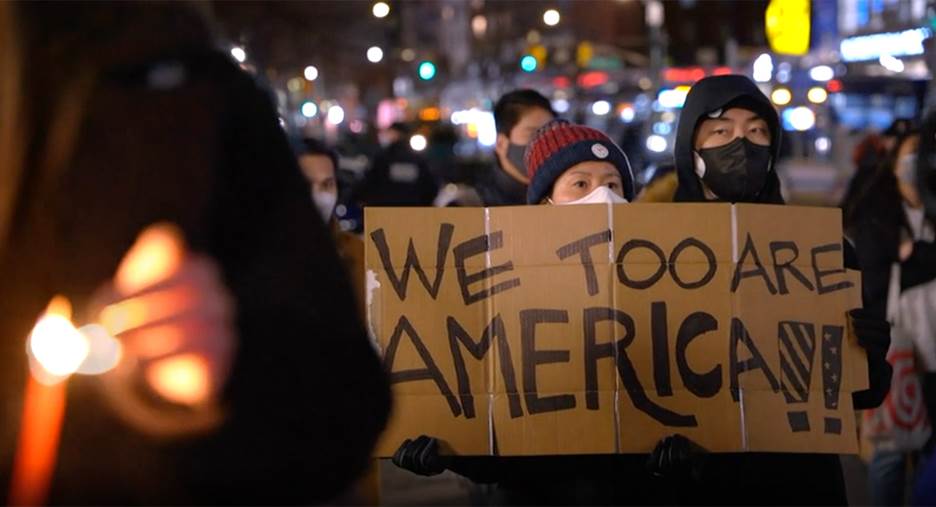
With hate crimes on the rise, speakers at the California Commission on the State of Hate forum stressed the need to bolster civil rights law and community engagement.
‘We Are Hitting a Crescendo’ — California Commission Holds First Public Forum on Hate Crimes
By Peter Schurmann
US
Hate crimes and hate-related incidents are on the rise nationwide and they are growing more violent, though prosecutions remain stubbornly low. That was one of the messages delivered during a public forum Wednesday hosted by the California Commission on the State of Hate.
California is no outlier, with data from the Department of Justice showing a near doubling of hate crimes across the state over the last decade.
“Behind each data point is a person who has been targeted for hate and chosen to share their story,” said Candice Cho, Managing Director of Policy and Counsel with the AAPI Equity Alliance, and co-founder of the group Stop AAPI Hate.
Cho noted that many of the more than 11,000 reports collected by Stop AAPI Hate since its launch in 2020 happened in public to people “just going about their daily lives” walking the streets, on public transit or at work.
“He spat on my face as he got off the bus, but I was scared and couldn’t do anything,” read one report submitted to Stop AAPI Hate and shared by Cho. “On the packed bus, no one helped me.”
According to Cho, many of the cases her organization has tracked involve non-criminal acts, like verbal abuse, bullying at school or micro-aggressions in the workplace. But Cho stressed that violent or otherwise, “discrimination is hate,” and that such acts can have severe negative side effects for both the victims and the wider community.
Victims often report feeling depression, fear, and losing a sense of belonging in society, at times shifting work, school, or neighborhoods in response.
“Even if they did nothing wrong, they had to make adjustments in their life,” noted Annie Lee, Managing Director of Policy at Chinese for Affirmative Action, adding that more than a quarter of respondents said these encounters had negatively impacted their personal relationships, suggesting wider societal impacts of hate and discrimination.

